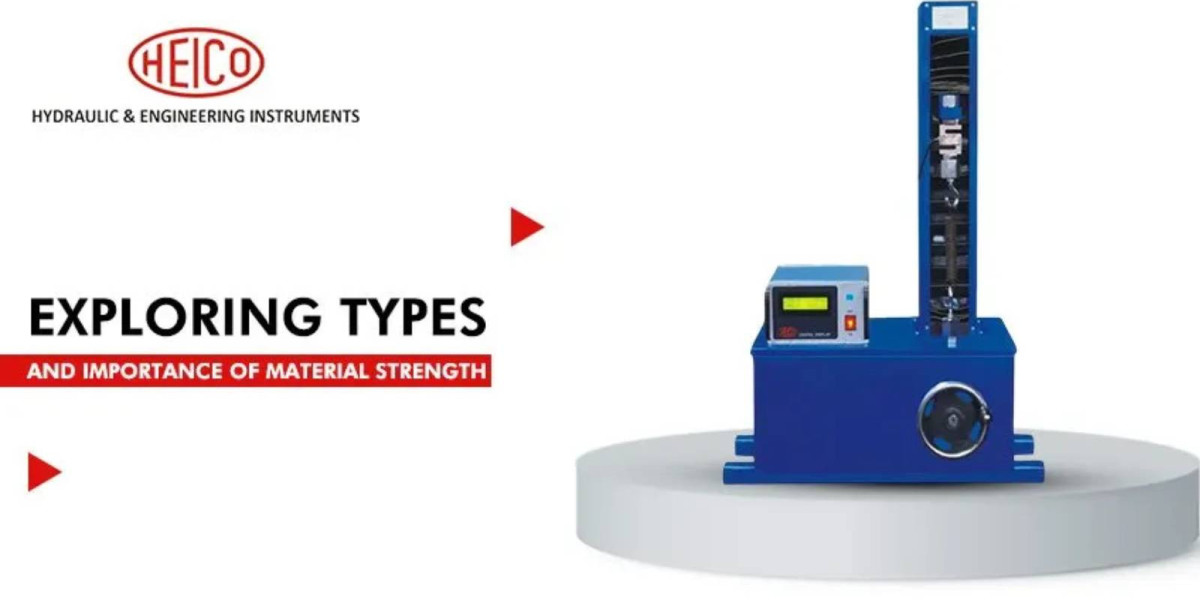Strength happens to be demarcated as the capability of a material. This is to withstand pressure without breaking or exhibiting failures. Its material strength happens to be the most significant when allowing for the design of structures In the case of concrete. Compressive strength tests can be classified into two categories. One is destructive and another is non-destructive. In a destructive test, cylindrical specimens are cast on-site and tested to failure to obtain results. A rebound hammer used to be used in the non-vicious mode. This is to estimate the potential strength of the concrete.
Good quality concrete in the hardened state should achieve the specified strength required to support the load and be durable enough to resist deterioration. Appropriate material strength testing methods by HEICO experts are therefore carried out in the laboratory or on site. This test takes place to verify the quality of the concrete conforms to the specifications. Understanding the importance of material strength is vital.
Technical ceramics happen to offer excellent mechanical properties. It is better compared to metals and plastics. The compressive strength is very high for all families of technical ceramics. This makes it the characteristic of these compressive strength materials.
Description
Compressive strength defines the ability of a material to resist pressure applied vertically, without excessive longitudinal and transverse deformation.
Ceramics, unlike metals and plastics, are very inelastic. Their mechanical rigidity differentiates them from these materials, which is most often considered an advantage for their use in harsh environments. Because of their very low resistance, technical ceramics are predominantly resistant to vertical pressure restraints.
Expressed in MPa, the values range from 1500 MPa to in excess of 3000 MPa relies on the ceramics. Sintered silicon carbides and nitrides happen to be the materials which offer the highest values with a minimum of 2500 MPa.
Typical business sectors
Compressive strength is a property that may be of interest to a wide range of industries, as long as the end user is looking for a very high value for the application in question.
Visit Us for More Information:- https://heicoin.com/blog/exploring-types-and-importance-of-material-strength/








